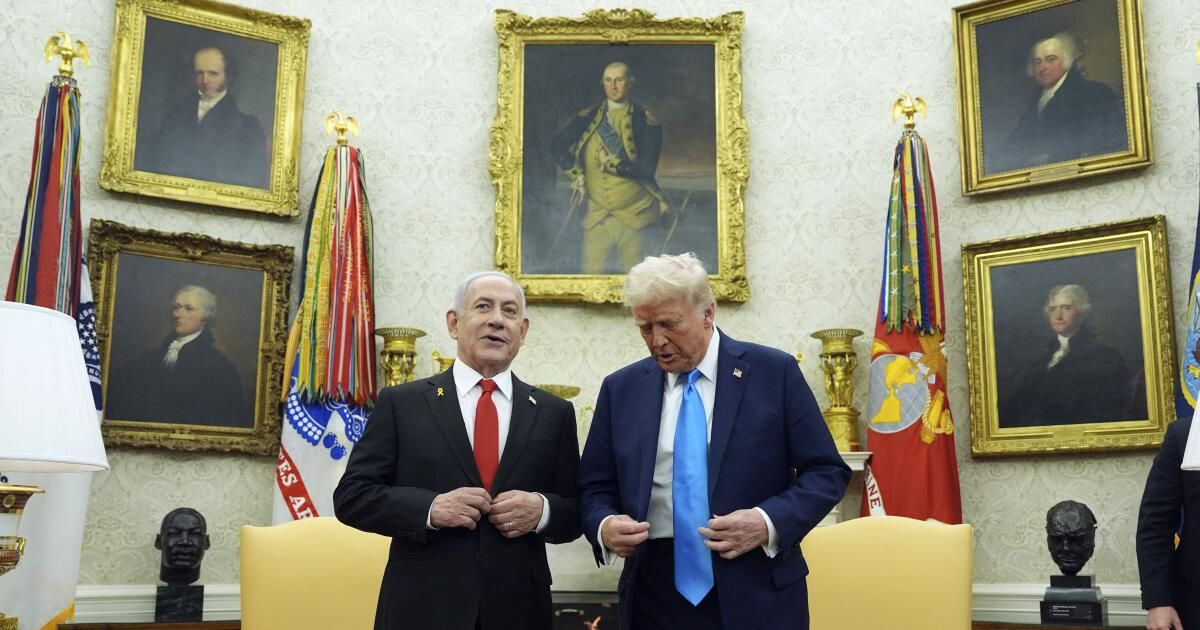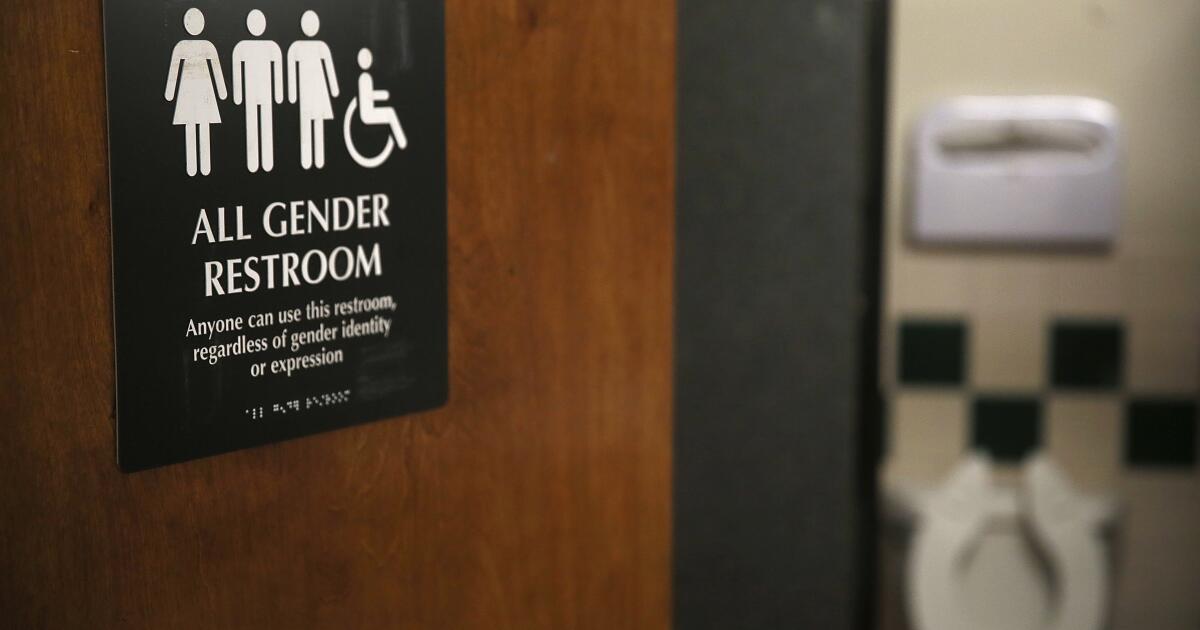Congratulations to President Trump. He said he would bring home Israel's hostages and end the horrific fighting in Gaza, and that appears to be exactly what he is doing with this week's deal. While many of the ideas included in Trump's 20-point peace plan predated his reelection, he and his team deserve a standing ovation for translating those ideas into a practical proposal, defining a first phase that was both large and digestible, and putting together all the pieces that made their agreement possible.
Success, however, has its downsides. Remember the Pottery Barn foreign policy rule, made famous during the Iraq War? “If you break it, you own it.” Now we have the Trump corollary: “If you patch it, you own it.”
Despite coming to power eager to shed America's commitments in the Middle East, Trump has just taken on a huge one: responsibility for a peace plan that will always bear his name. On October 6, 2023, the day before the Hamas attack, Arab-Israeli relations were poised for the historic breakthrough of Saudi-Israeli normalization; Two years later, Arab-Israeli relations – including Trump's achievement of peace in the Middle East during his first term with the Abraham Accords – hang by a thread. By offering a plan that promises not only an end to the fighting in Gaza but also the construction of a full and lasting regional peace, the president has taken on the task of repairing the damage caused by Hamas's unholy war. In other words: fix the Middle East.
How Trump fulfills this not insignificant responsibility has important consequences for the role of the United States in the region and in the world. The Chinese are watching to see whether, when the going gets tough, you will have the courage to maintain a broad alliance. The Russians are watching to see whether the president will strictly implement the letter of the agreement or let certain unpleasant aspects slide. Iranians will be watching to see whether Trump will become so immersed in the details of rebuilding Gaza that he will fail to rebuild the successful Arab-Israeli coalition that protected Israel a year ago from Iran's ballistic missile and drone bombardments. And all of these adversaries – and others – will wonder whether the intense American focus needed to ensure implementation of this deal will distract the president from his own areas of mischief.
Those are some of the international bets. There remains a difficult road ahead to achieve the agreement itself. Some of the more perplexing challenges will include:
- Implement a highly complex peace plan for Gaza that, in its requirements for disarmament, provides for Hamas to be fully complicit in its organizational suicide – or at least its institutional castration;
- Having the US military orchestrate the recruitment, deployment and management of multinational forces to monitor the territory just as the Israel Defense Forces are withdrawing from it, a complicated and risk-filled maneuver;
- Create and oversee a transitional administration that will oversee everything from humanitarian aid to debris and ammunition removal and massive reconstruction projects, while preventing what remains of Hamas from stealing assets to divert to underground weapons factories, an art it perfected after previous ceasefires;
- Secure buy-in from the United Nations and its specialized agencies, which must play an essential role in providing food and medical services, without bowing to pressure to rehabilitate the deeply flawed United Nations Relief and Works Agency for Palestine Refugees, an organization that has the special responsibility of keeping the Palestinian-Israeli conflict alive for decades;
- Prevent Qatar and Turkey (long-time friends of Hamas who have become diplomatic good Samaritans in recent weeks) from translating their current status into malign influence over the direction of Palestinian politics, which can only be worrying for Israel and the Ramallah-based Palestinian Authority and a long-term detriment to the cause of peace;
- And deal every step of the way with an Israeli prime minister from a right-wing coalition who will likely view every decision, big and small, through the lens of a fateful election expected to be called very soon that will show whether the Israeli people want to punish him for the terrible mistakes that left Israel unprepared for the Hamas attack in 2023 or reward him for the impressive victories that the Israeli army Israel achieved throughout the region in the following two years.
Getting here was a great achievement. Ensuring effective execution (never a strong point for a “big ideas guy” like Trump) is a thousand times more difficult. This can't be done with a small team of White House officials chatting over Signal. It will take an army of (pardon the term) experts: experts in military command and control, experts in munitions removal and disposal, experts in civil rehabilitation and reconstruction, experts in communication and community participation. Corporate outsourcing can solve some of this, as can the impressive talents of former British Prime Minister Tony Blair, but don't be fooled into thinking that one consulting firm or one former foreign official can compensate the entire American government. After all, this plan is named after Trump, not Deloitte or Blair.
The president has at least one more vital task in this matter. You must explain to the American people why we are doing this. For nearly 20 years, American presidents of both parties have said they wanted to move away from the Middle East, but they continually find themselves entangled in the region's often Byzantine conflicts and politics. Americans deserve to know why the “America First” president has decided that American interests are closely tied to the success of this peace plan. Despite our internal divisions, impartial people on both sides of the aisle will support Trump's success in this peace deal.
For now, the president should enjoy the praise and celebrate the upcoming release of the Hamas hostages. The next morning will come very soon.
Robert Satloff is executive director of the Washington Institute.











